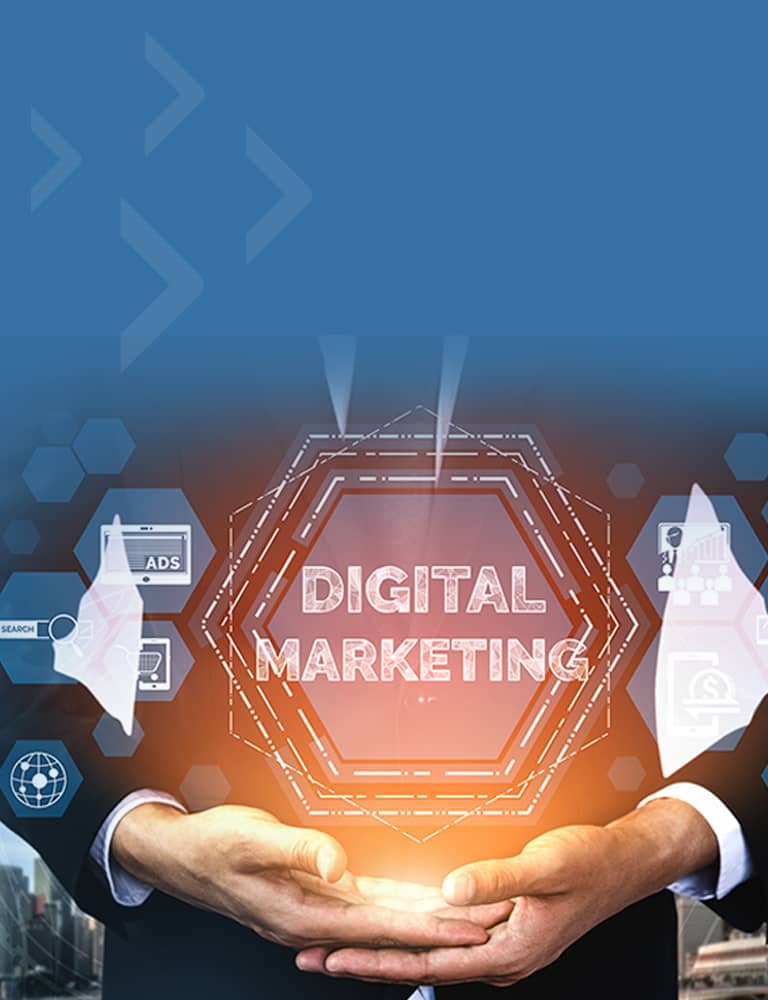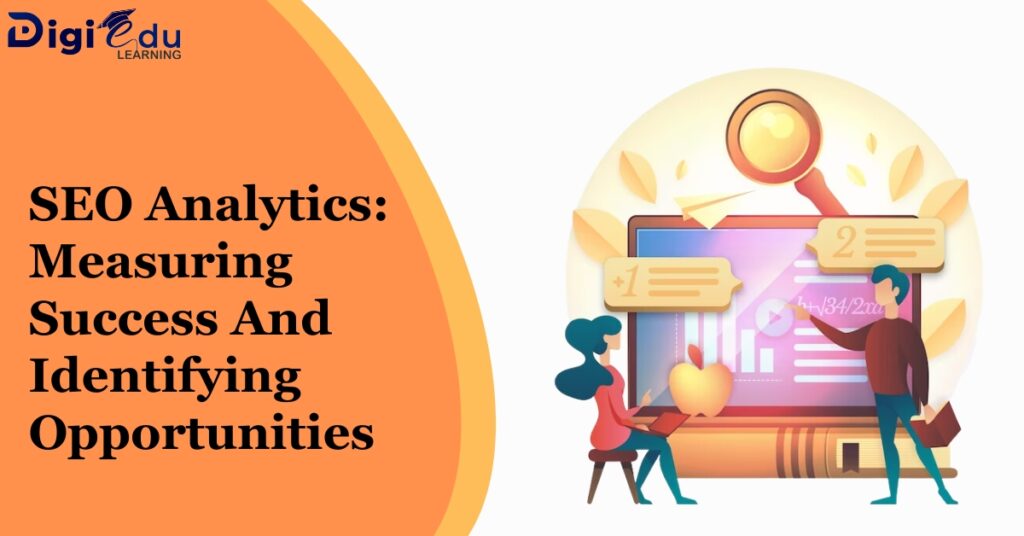When it comes to online reputation management, social media has become one of the most effective tools available to marketers today. This is especially true if you’re able to leverage the power of social media on an ongoing basis, as opposed to a one-time outreach campaign. As an online marketer, one of your main tasks will be to get as many new leads and followers as possible by using social media. Of course, there’s no need to reinvent the wheel, but you do need to adjust what you’re doing if your efforts aren’t paying off in the way that you hoped they would. Here are the top three ways to use social media for online reputation management (ORM). Let’s Begin with it:
1) Build Authority
Online Reputation Management is the process of managing your company’s digital footprint and setting up an online presence. This includes advertising, blogging, content creation, customer service, and more. One of the best ways to build your company’s authority online is through social media marketing. To do so you’ll need a business account on every major site, such as Facebook, Instagram, Twitter, and LinkedIn. These accounts should have a professional image with information about what your company does and contact information for how to get in touch with you. Then once you’ve set up your business profiles you can start building relationships with customers by using all the features each platform has to offer. Social media is one way to keep customers happy, increase sales, and attract new ones. You can create advertisements that are native to the platform like ads on Facebook or tweets on Twitter. You can also use hashtags for any popular event happening in your industry that would be relevant to your company like #ThrowbackThursday or #FridayFeeling which will help you target potential clients based on their interests. The key is to understand that social media marketing isn’t just posting statuses or sending out promotions. It’s about building relationships with your audience and creating a sense of community.
2) Boost Brand Awareness
Brands should leverage social media to boost their brand awareness. This can be done through encouraging conversations about the product, offering promotions, and providing customer service. By doing so, brands can build relationships with consumers which could lead to increased sales in the future. Online reputation management is also important for businesses because if a company’s reputation is negative on social media, it will affect other digital marketing campaigns as well. The goal of online reputation management is to maintain positive sentiment about a company on social media sites such as Facebook and Twitter. There are several ways to do this, including using specific keywords or hashtags that people might search for when looking for information about your business, responding to comments promptly, having a high-quality profile picture, monitoring activity regularly, and being transparent with posts. Social media marketing includes advertising on these networks. One of the most popular types of social media marketing is influencer marketing where companies hire popular bloggers or Instagrammers to promote their products. Advertising on social media has advantages over traditional forms of digital marketing, including more targeting capabilities and the ability to measure results more accurately. But some disadvantages include higher costs and less control over where ads appear since there is no exclusivity between advertisers like there would be with Google AdWords.
3) Collect Leads
Organizing your social media efforts can be a challenge and use up a lot of time. But, it is crucial for any online reputation management strategy to collect leads through orm. One way you can do this is by using Twitter lead cards that prompt people to sign up when they visit your website. Another way is by running ads on Facebook with pop-ups or links back to a landing page where they have the option to subscribe as an interested party in your community. Another great way to collect leads from social media outlets like LinkedIn and Pinterest is with these popular forms of contests called scavenger hunts. Scavenger hunts require participants to find hidden objects throughout different websites and sometimes even physical locations. You might offer prizes such as coupons, discounts, etc. If someone submits their email address at the end of the hunt they become part of your pool of leads! With any form of digital marketing, your goal should be to make sure all prospects are aware of how easy it is to contact you and how quickly you will respond to them. However, we’ve found that most people want a more personalized approach. That’s why we created LeadGenie—a simple tool that allows marketers and sales teams to reach out to qualified leads via email campaigns that not only send quality content but also go further in terms of personalized outreach.
Conclusion
In conclusion, social media is a great way to promote your business and build your online reputation. You can use Facebook, Twitter, Google Plus, and LinkedIn for reputation management purposes very effectively. When you do decide to incorporate these tools into your online marketing strategy, you must take time to properly manage each channel. If you’re not sure where to start or what your goals are with each of the platforms listed above, I recommend taking time out of each week (1 hour per day) to experiment with them and see which ones work best for you. Once you find one that works, invest more time and effort in it so that you will get the most return on your investment. With some creativity and hard work, using social media for online reputation management doesn’t have to be difficult.






